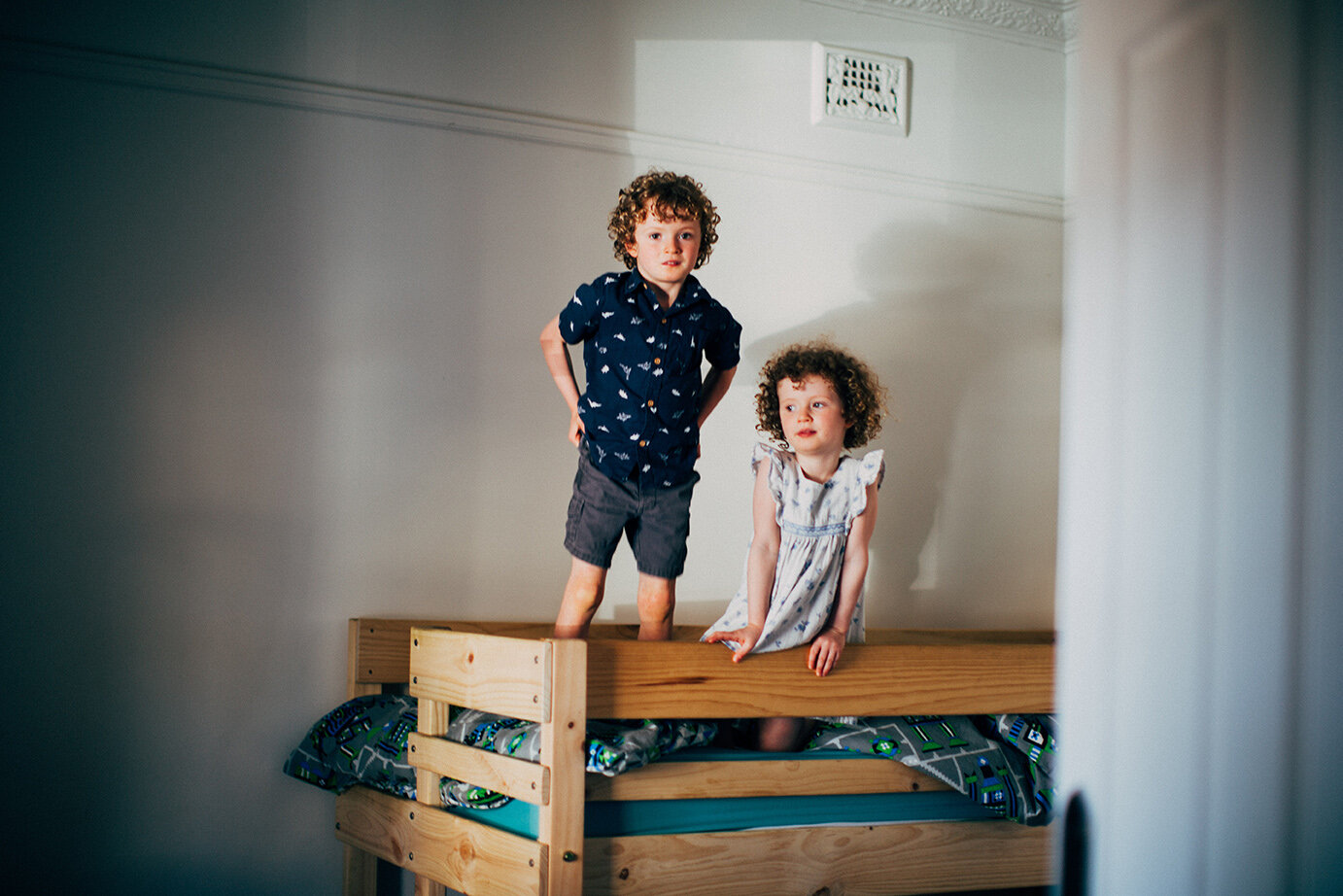
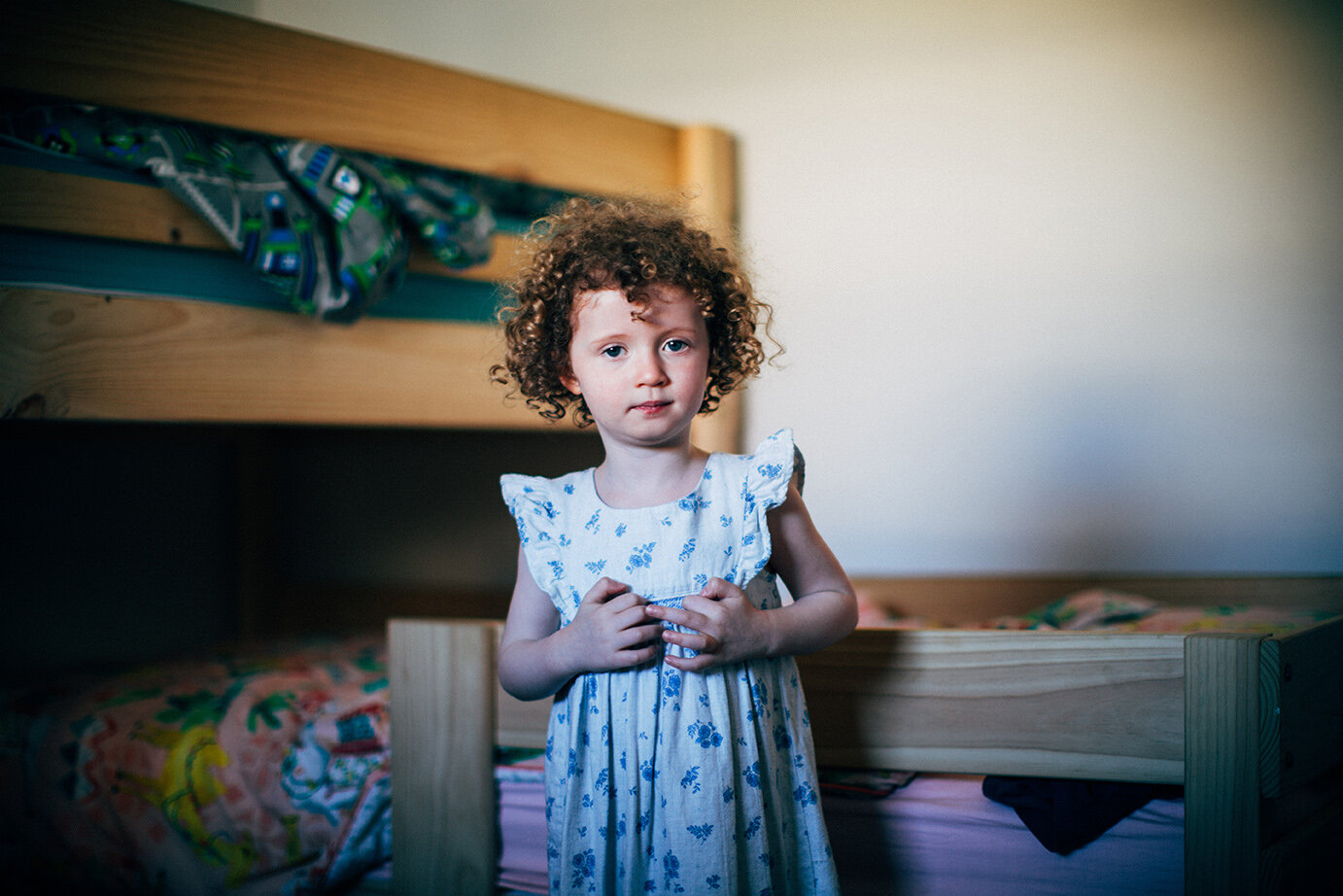

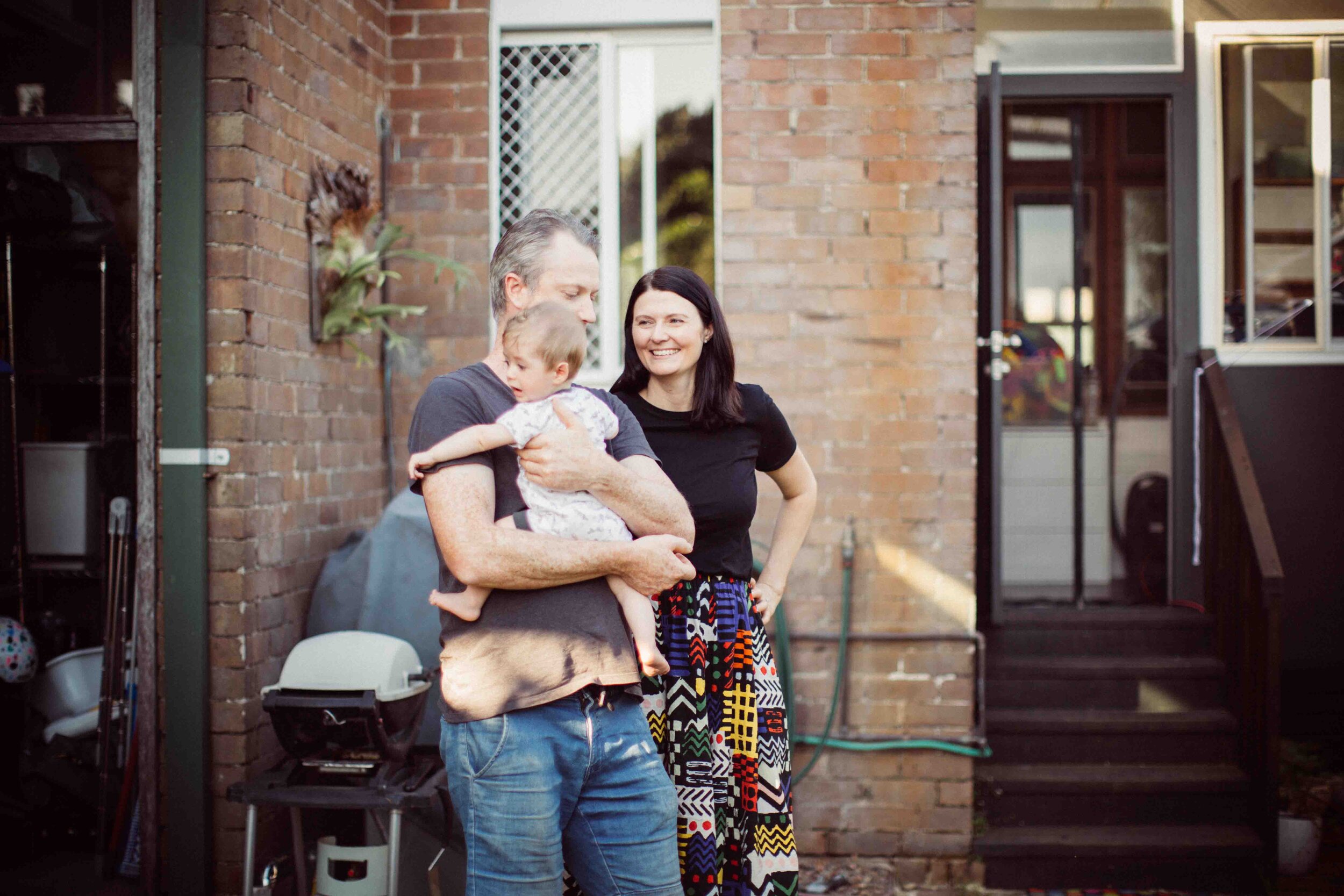
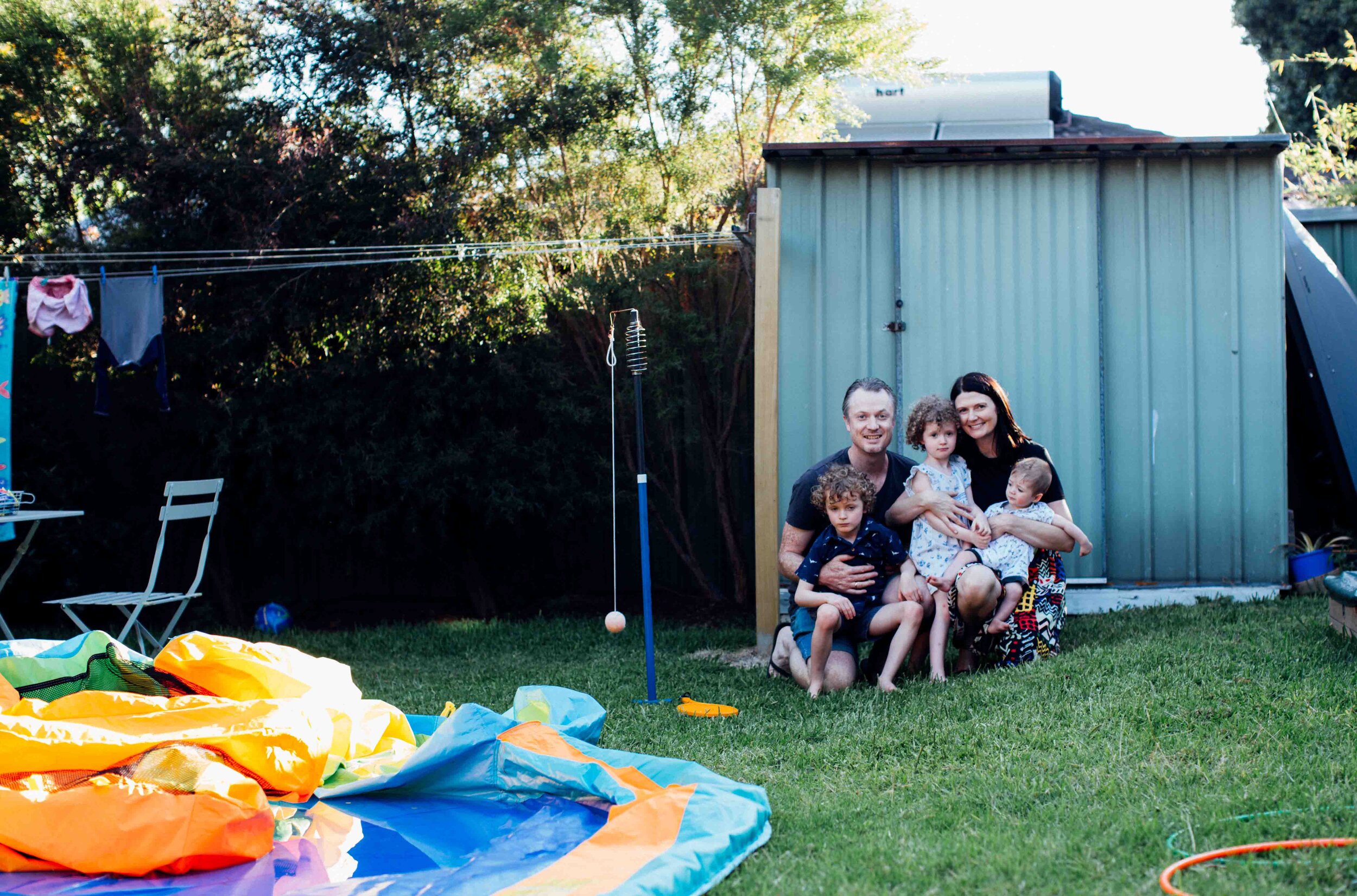
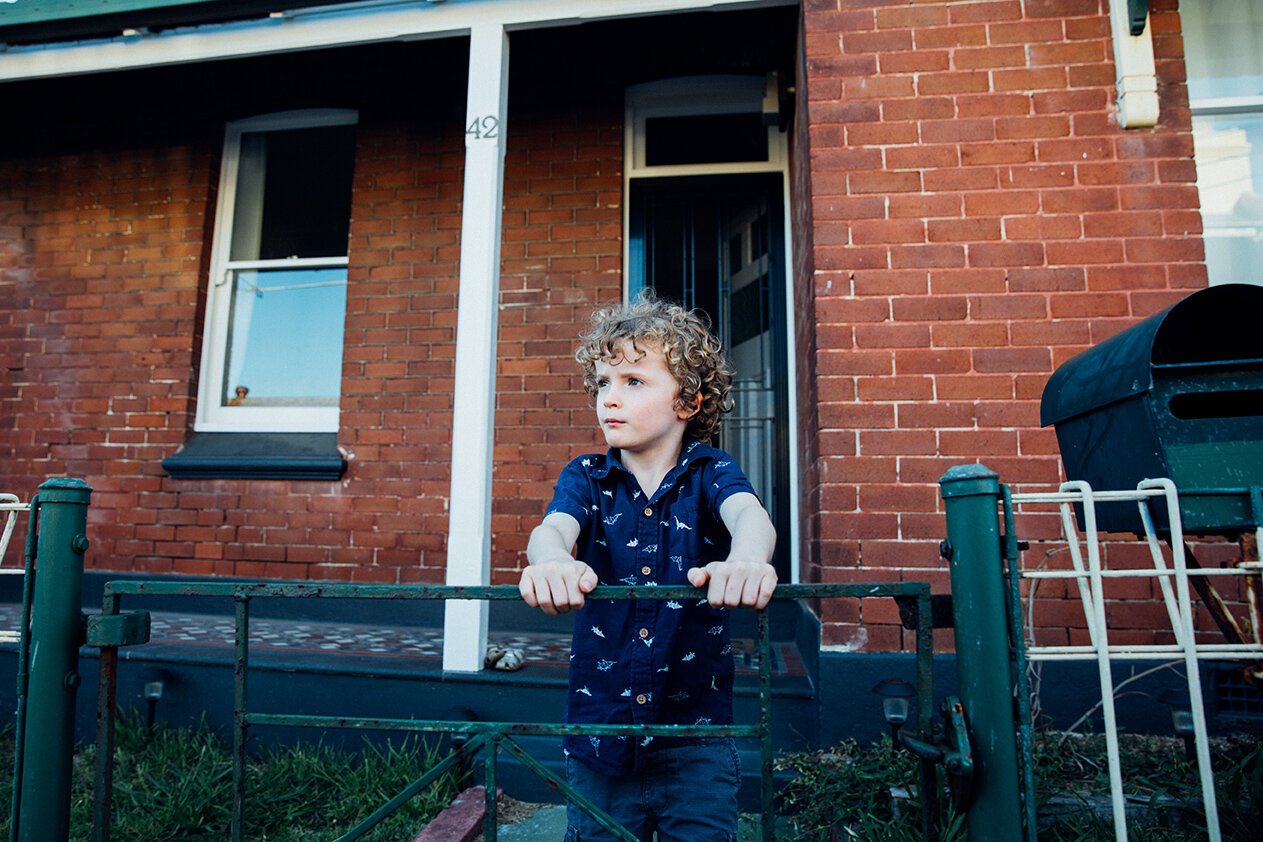
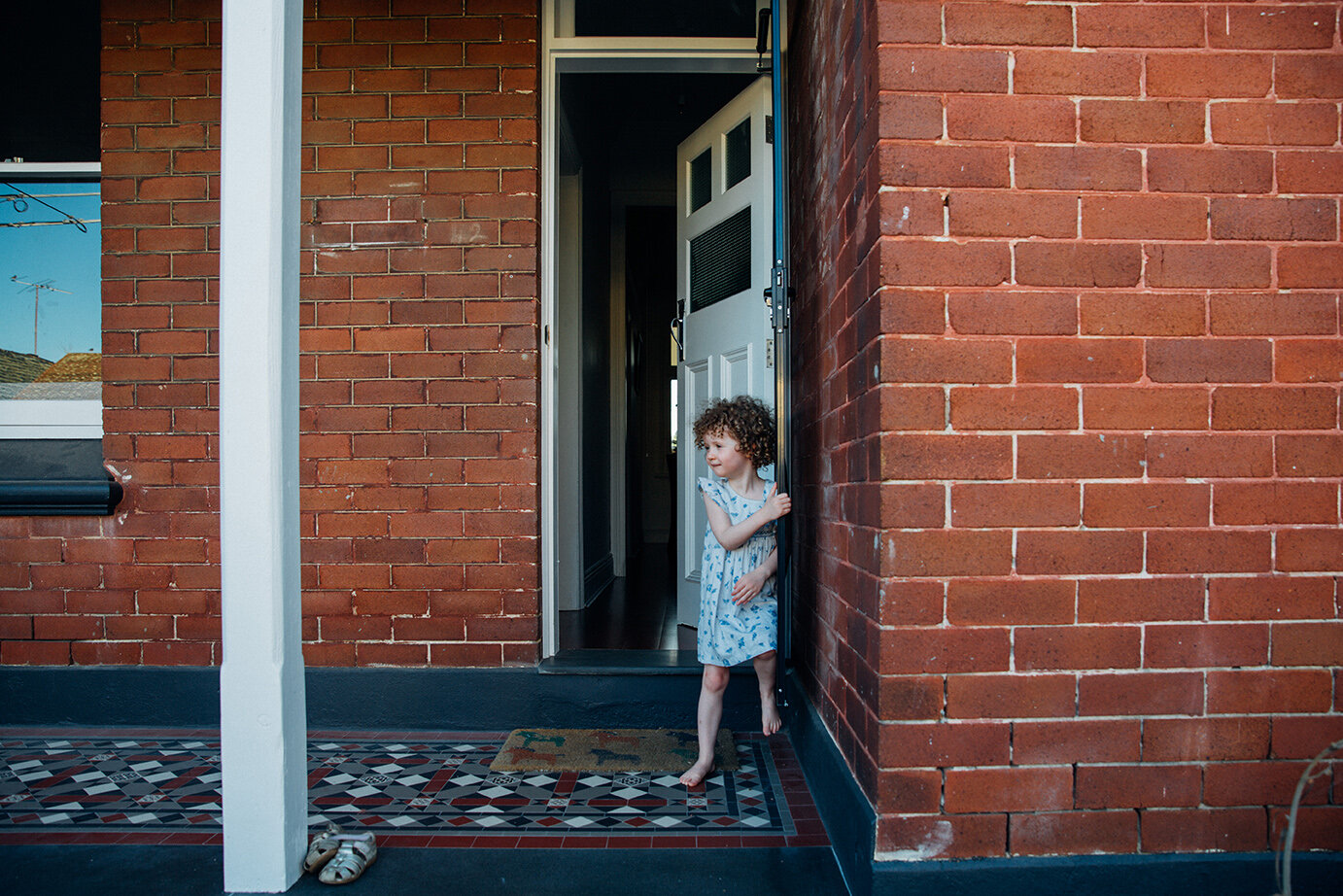

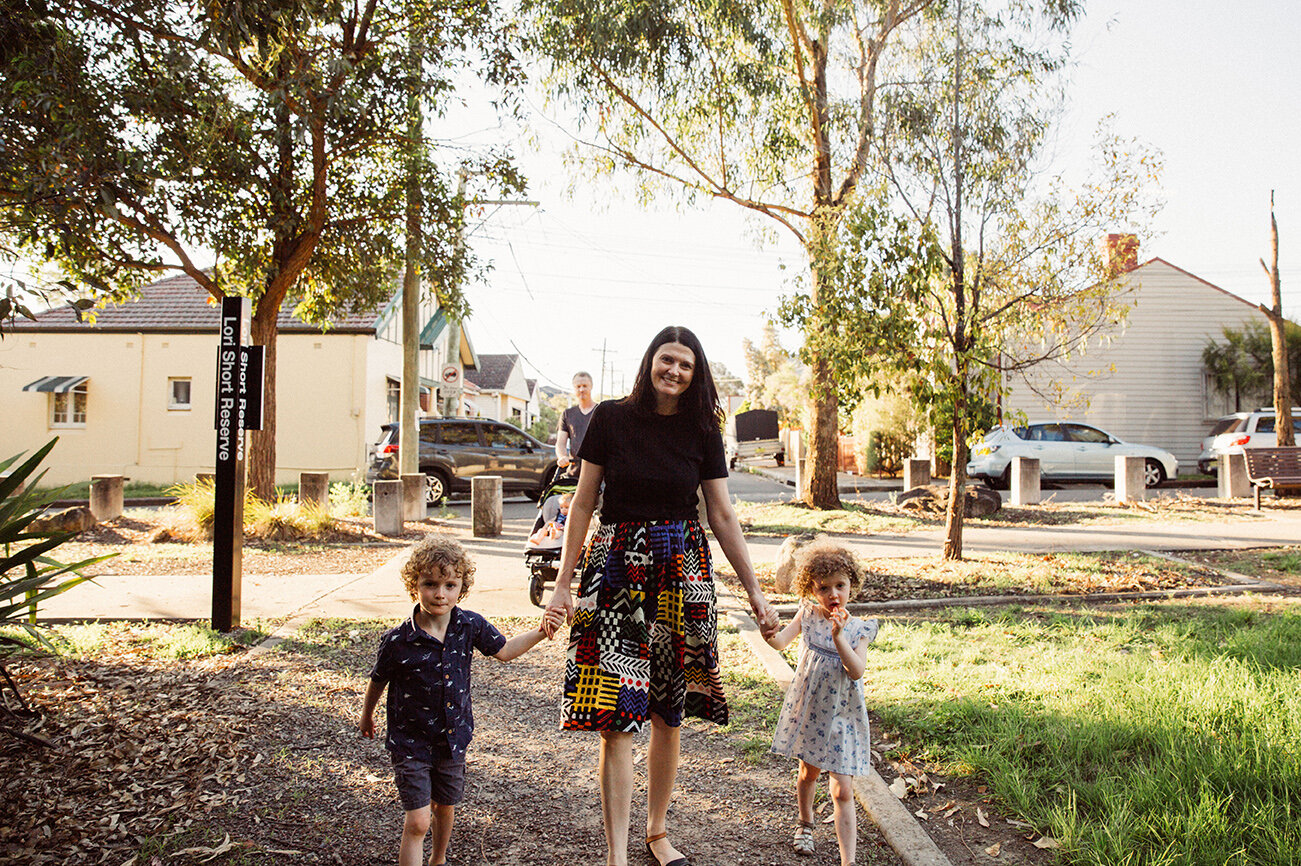
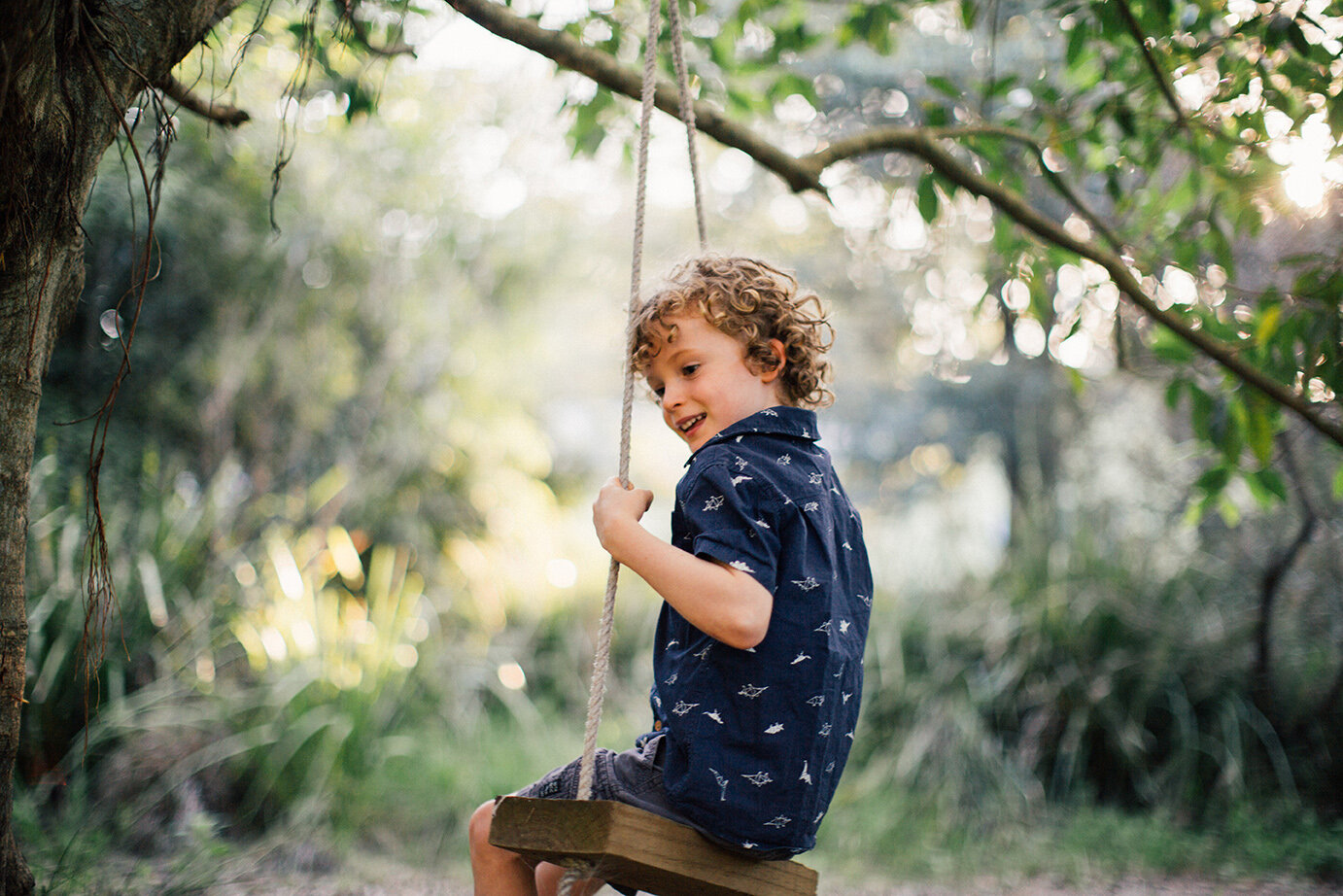
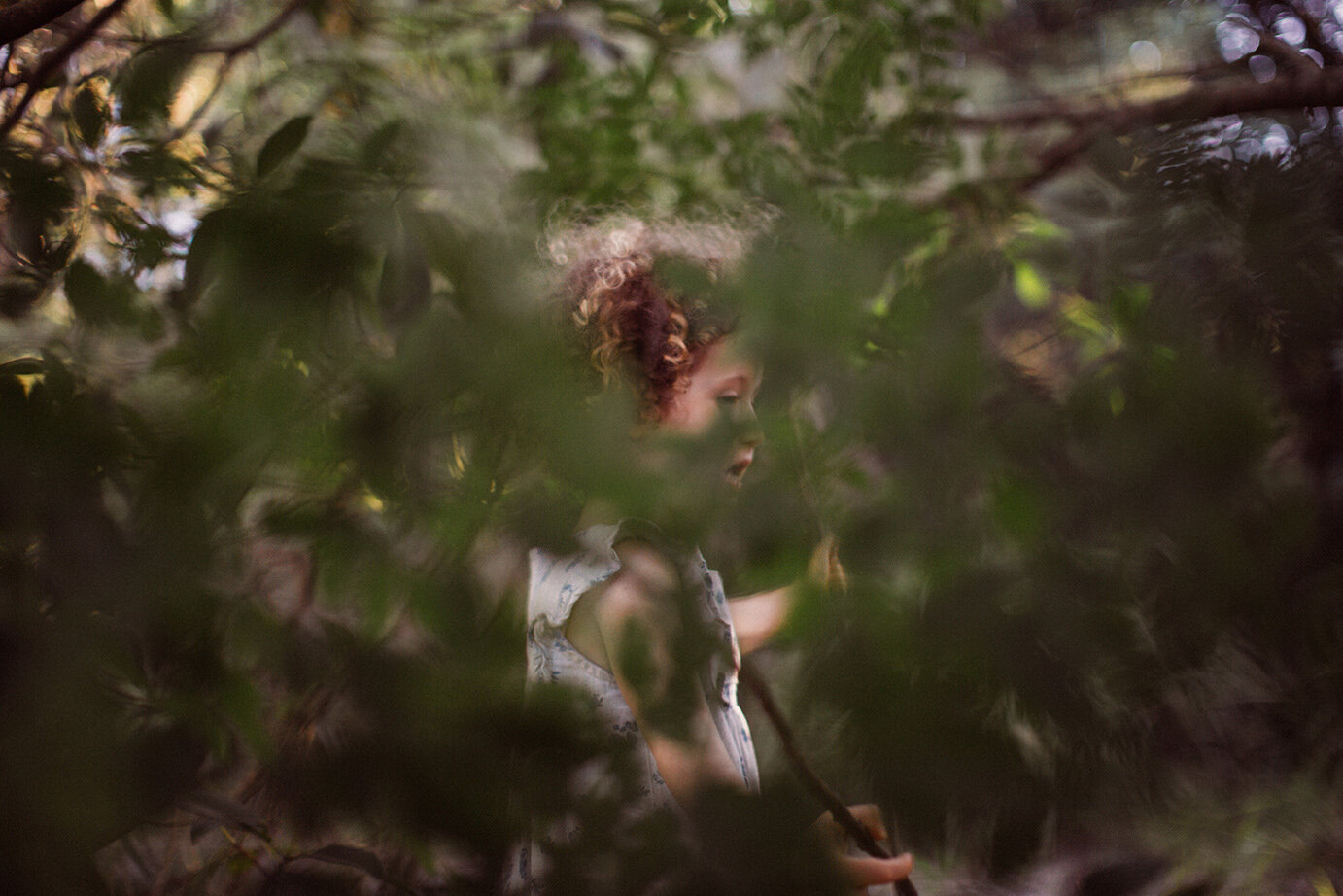
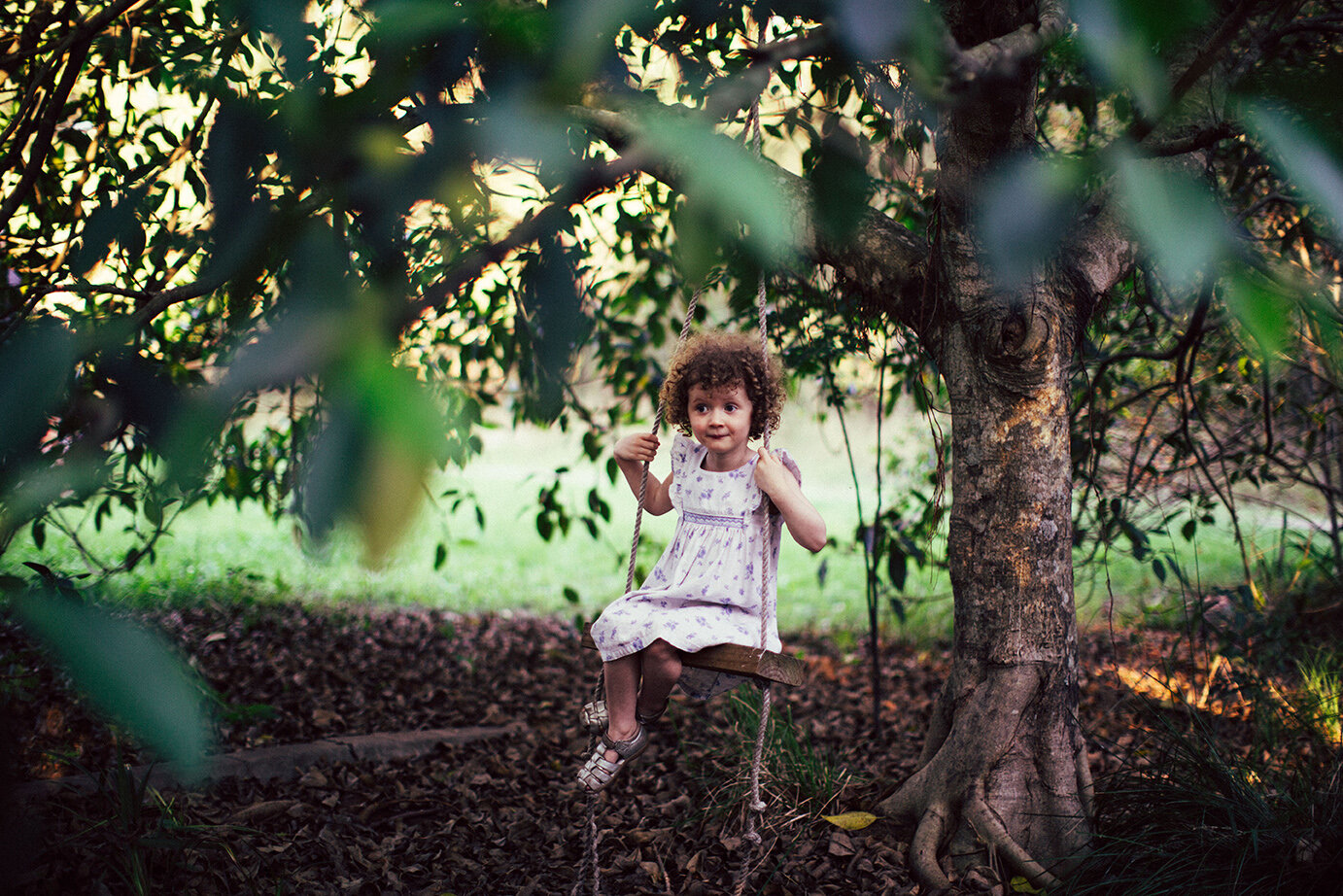
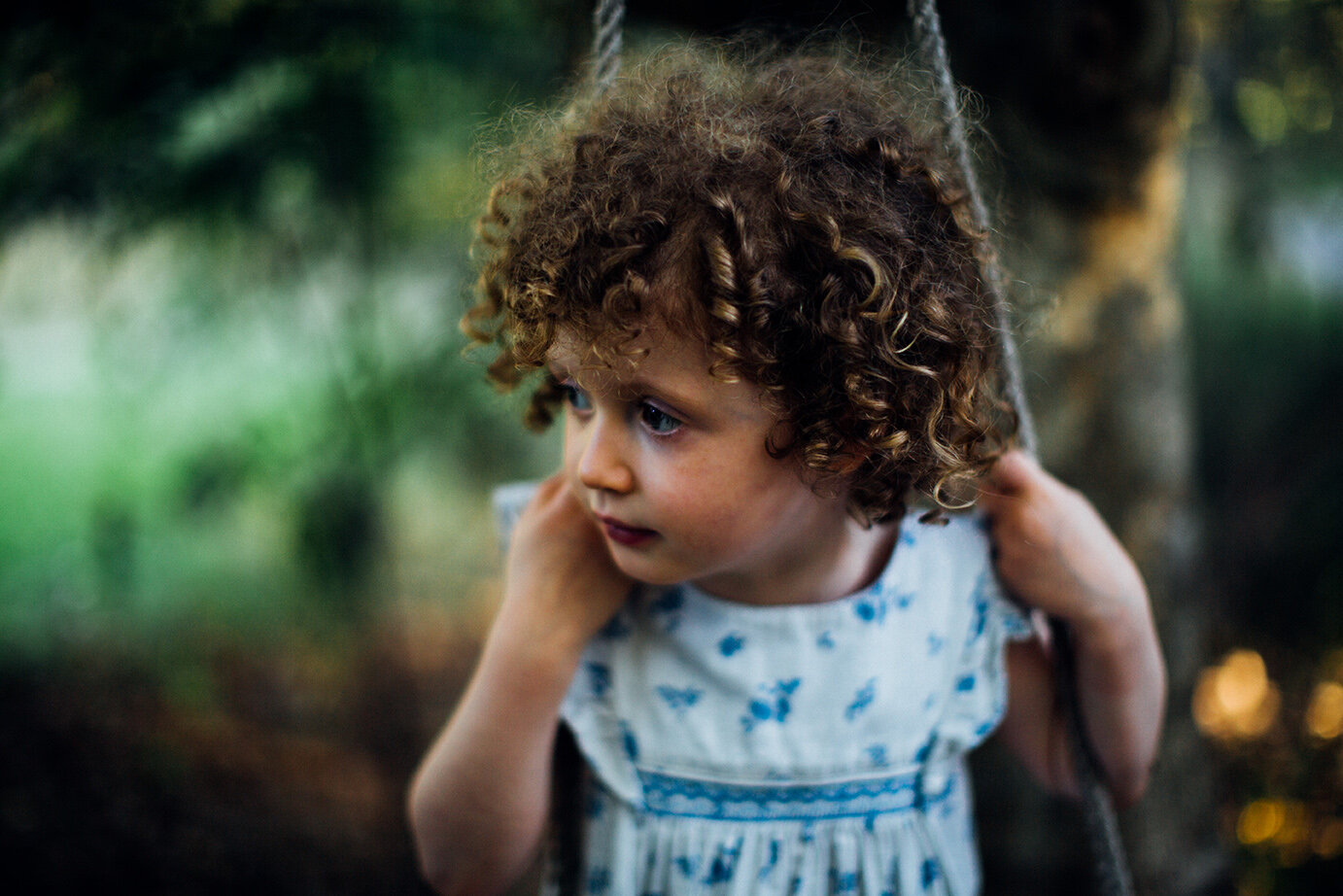
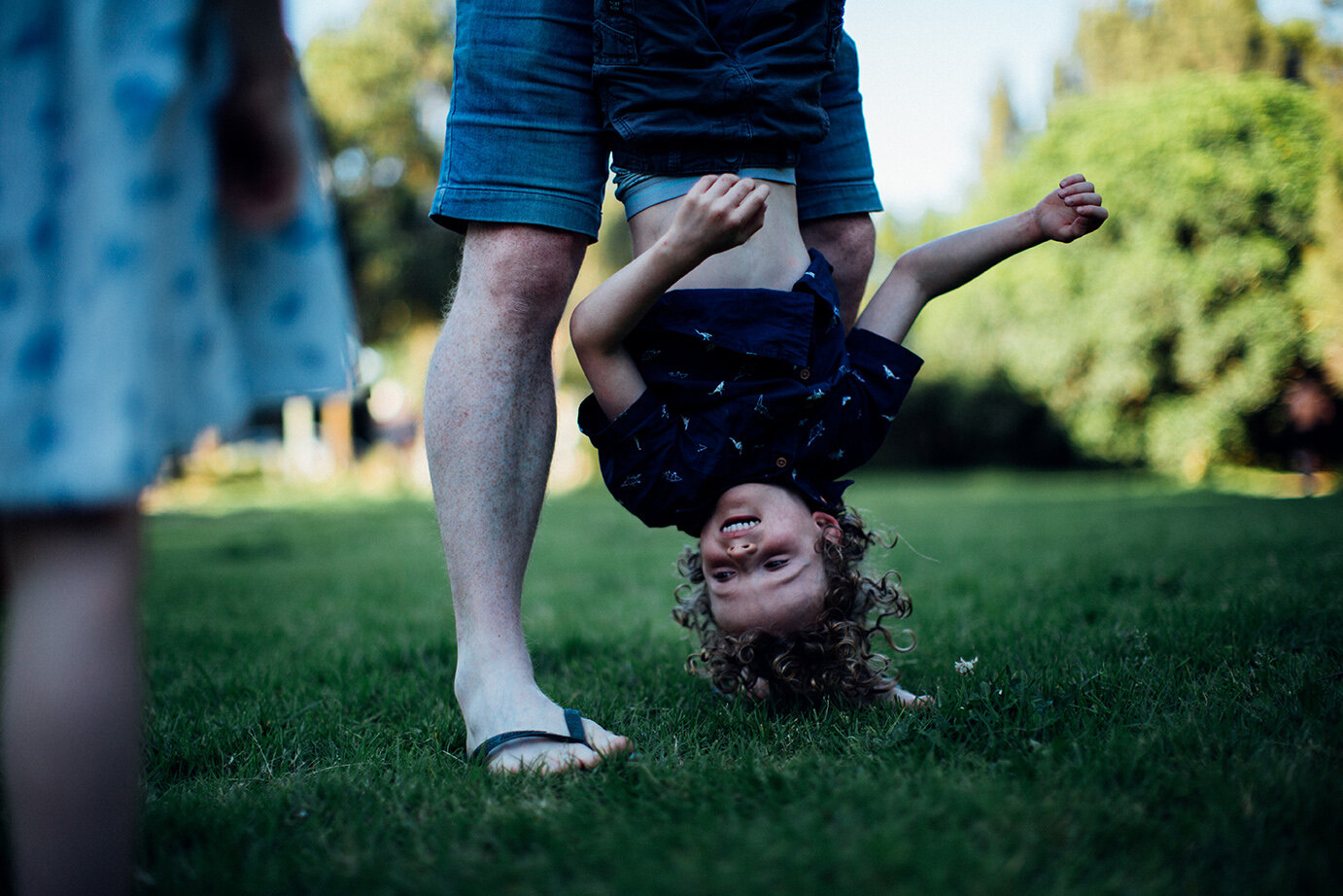
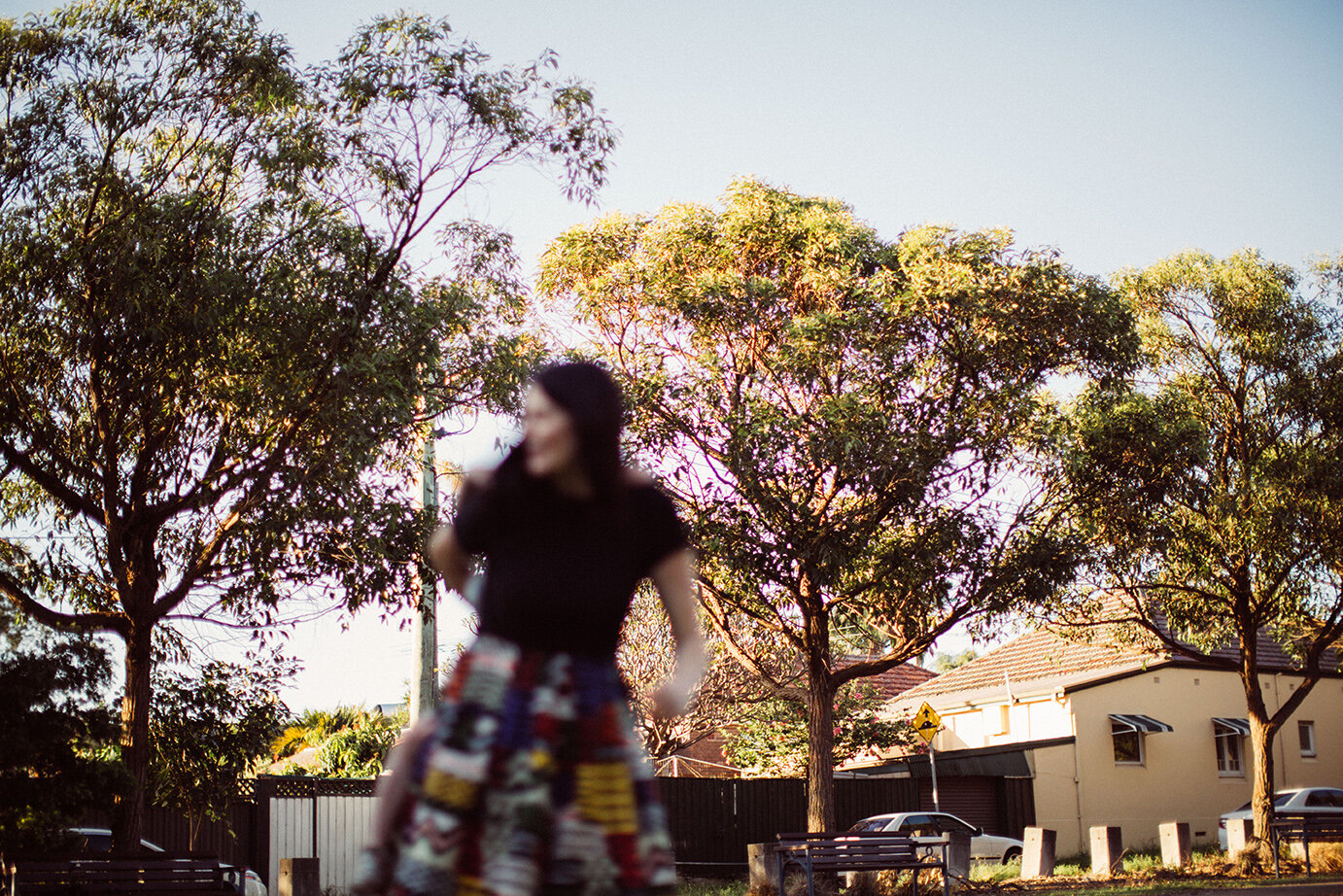
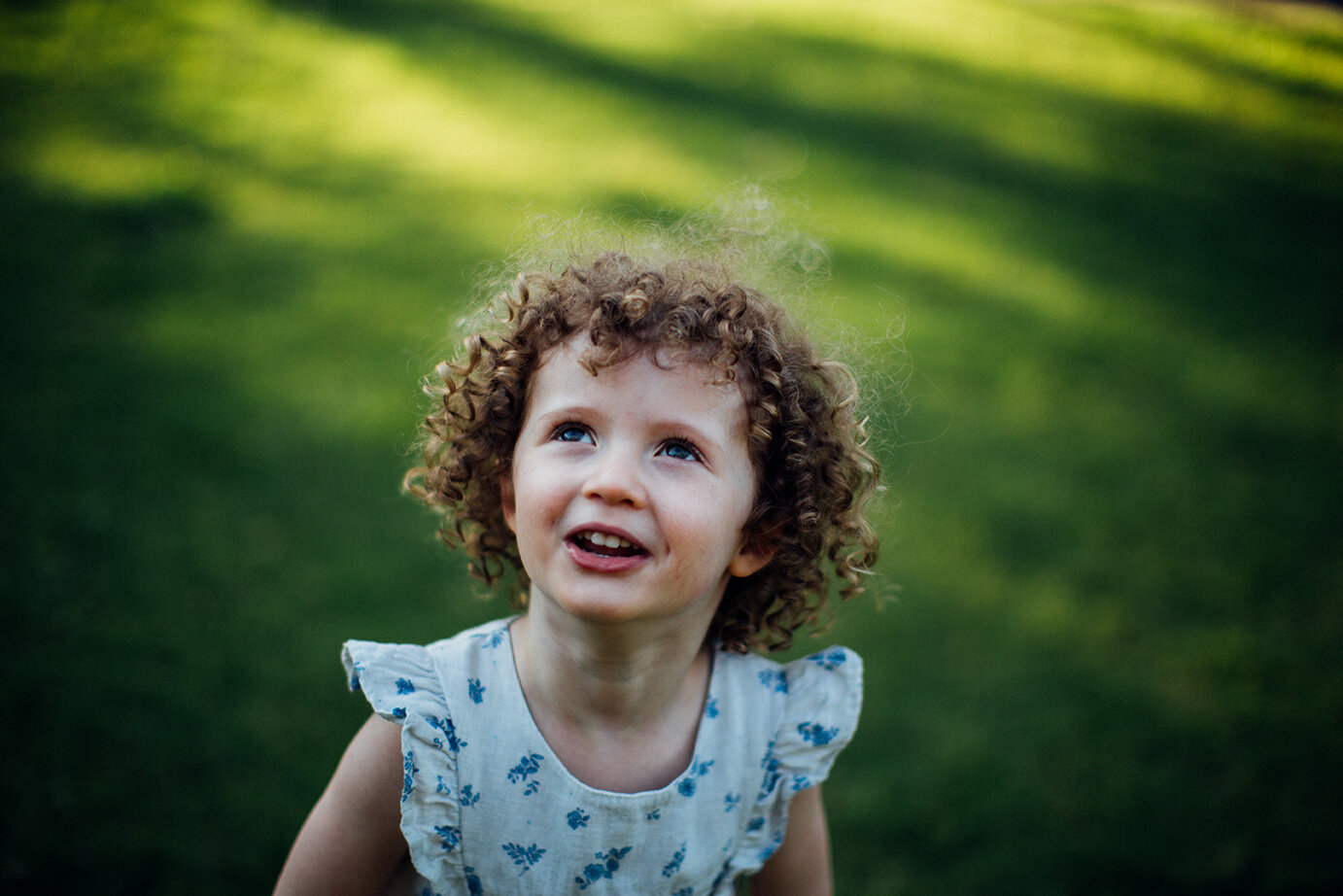

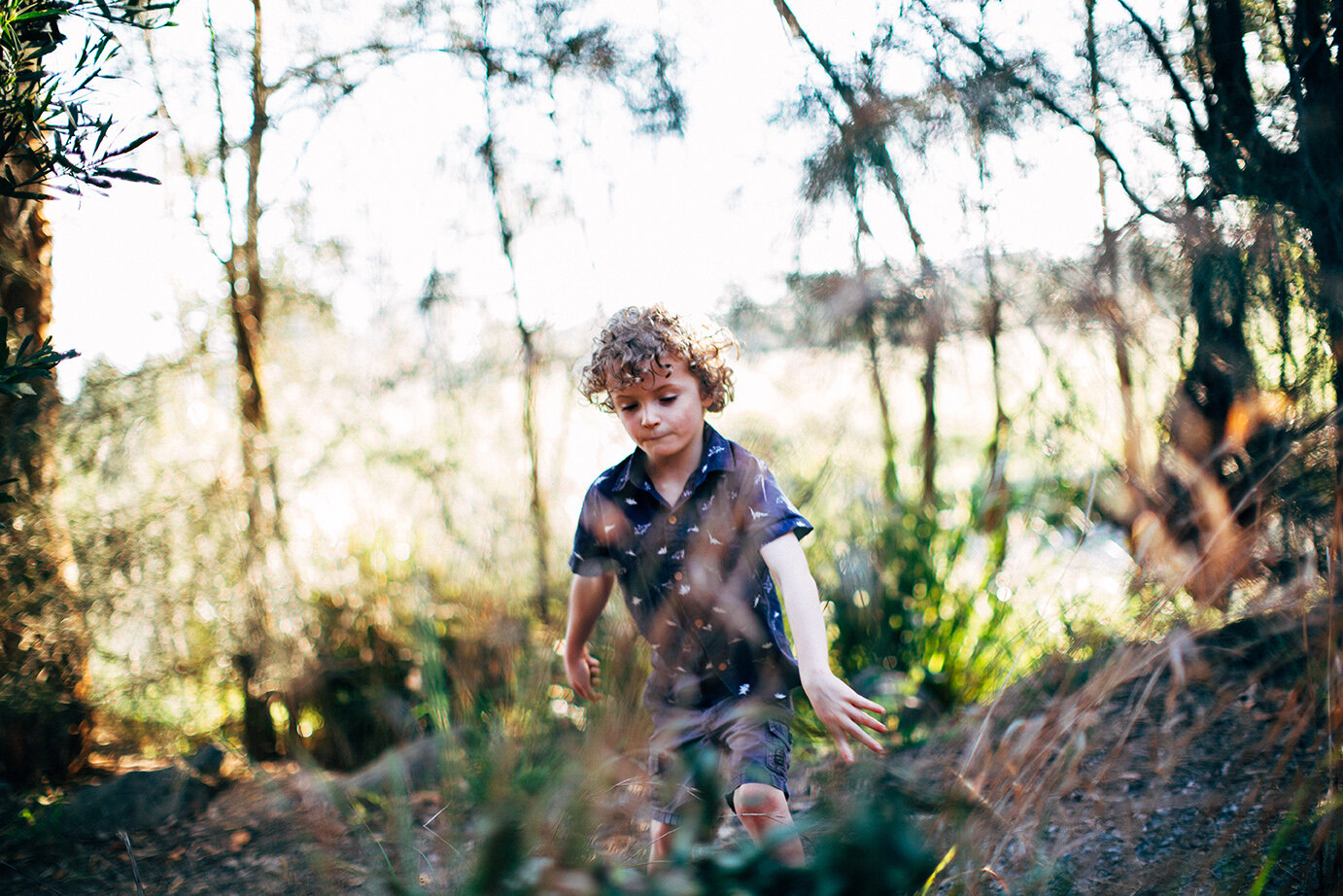
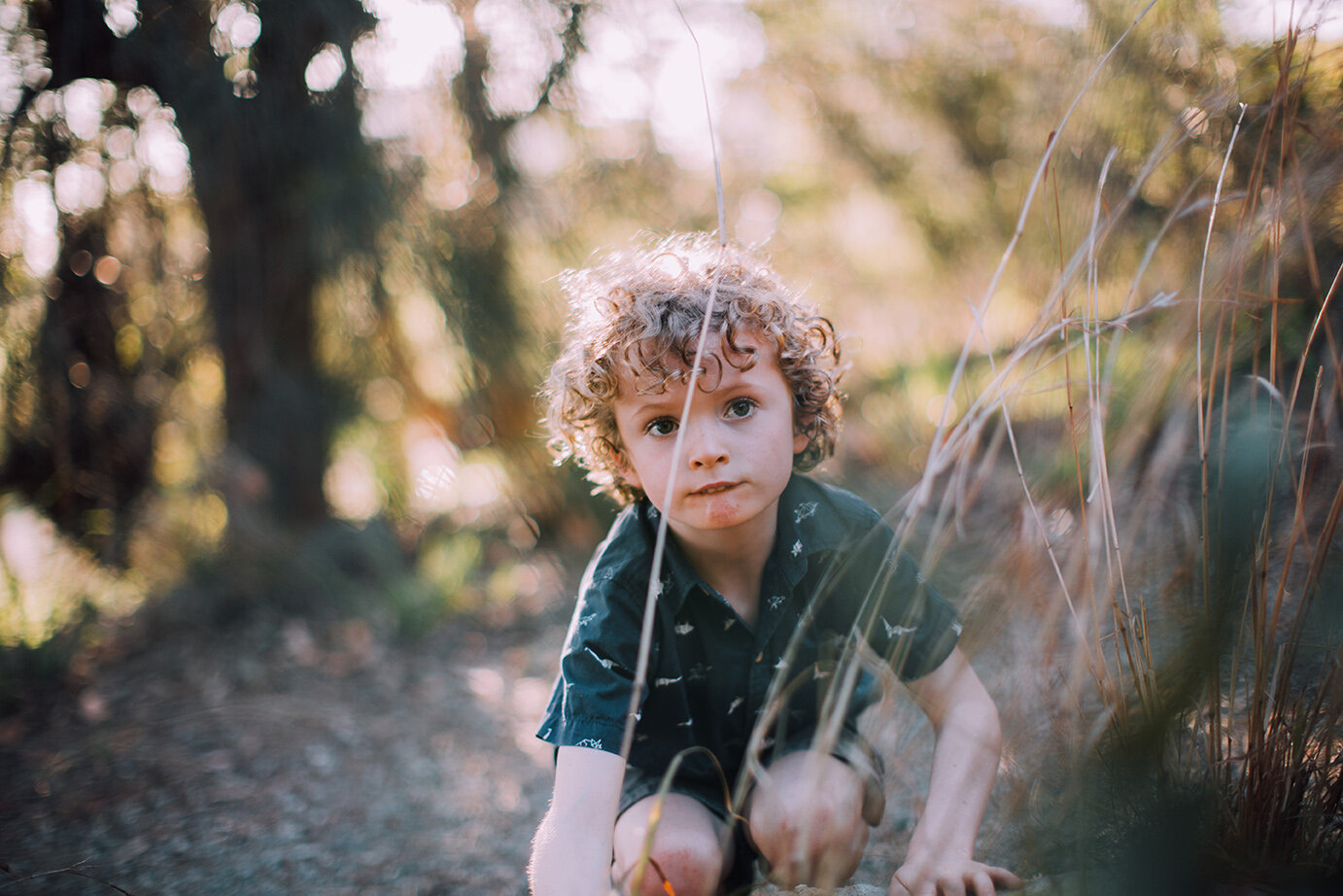
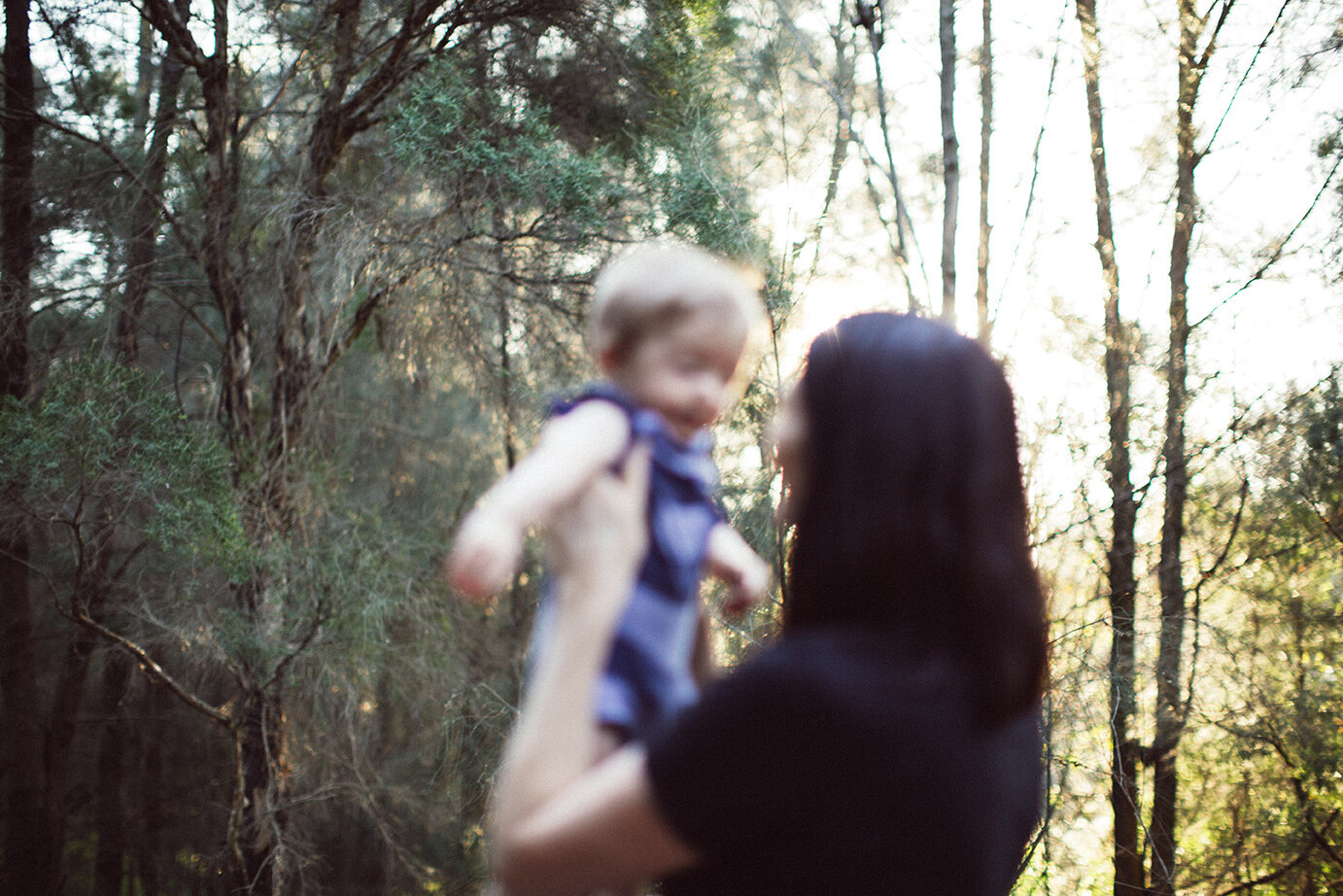
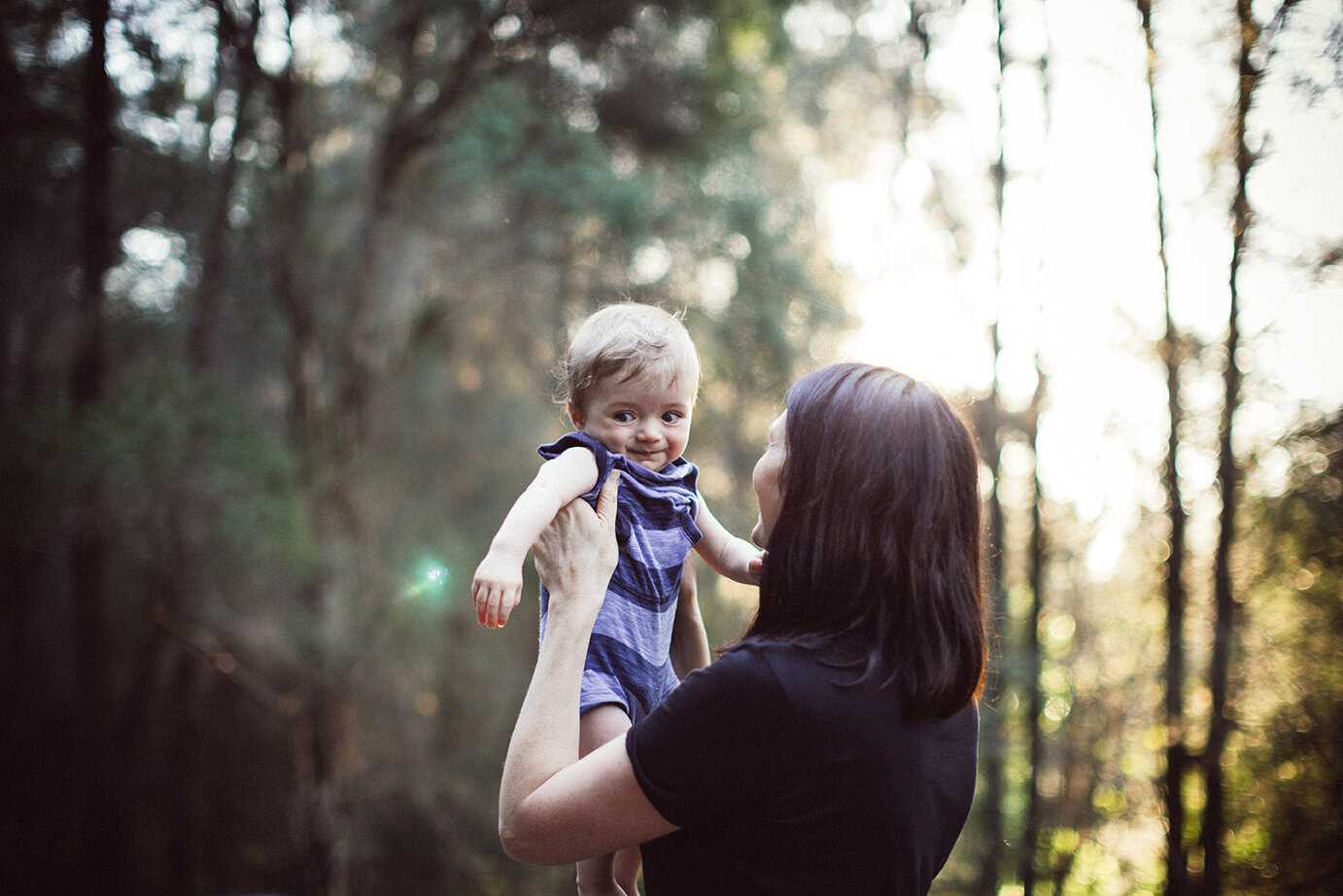
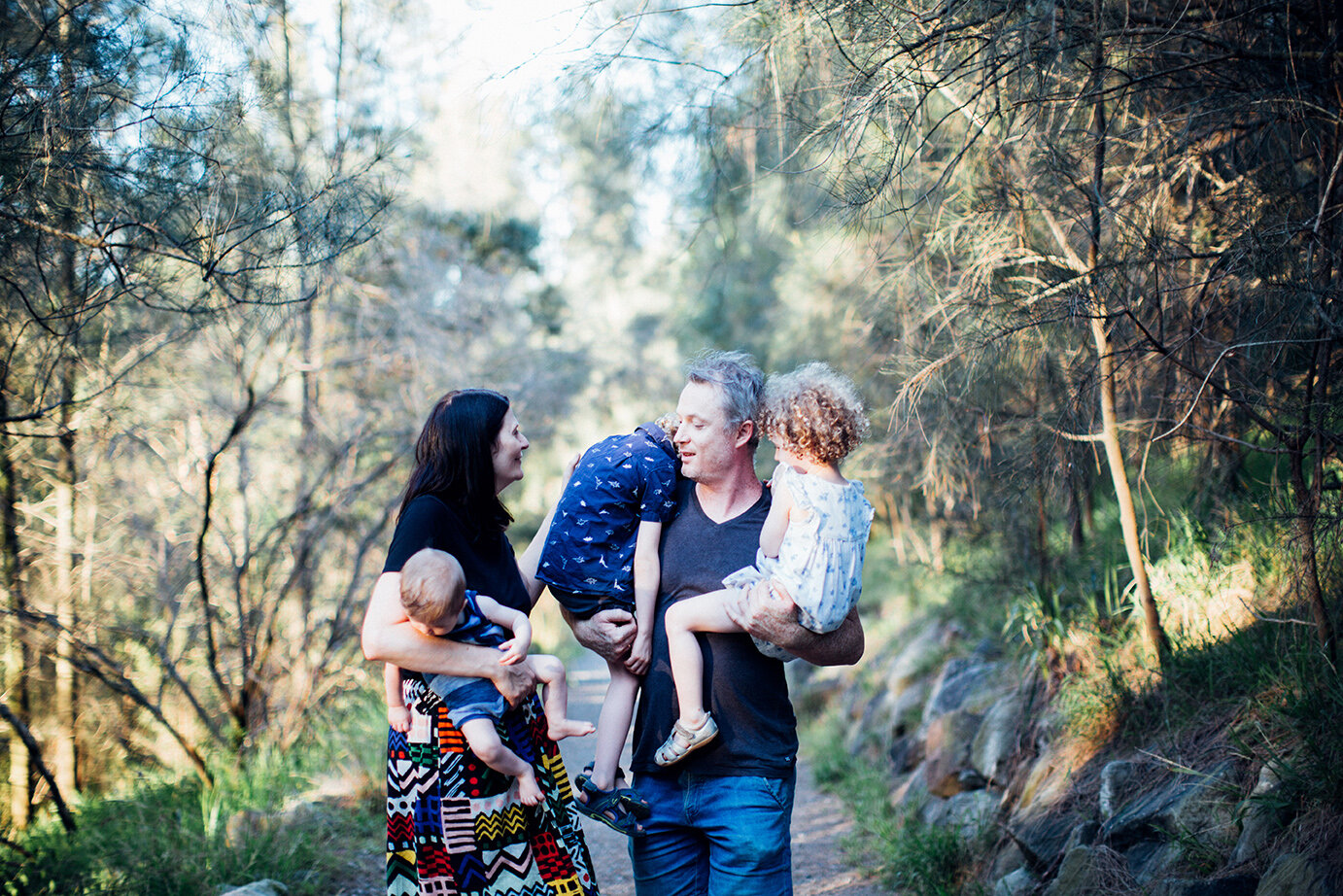

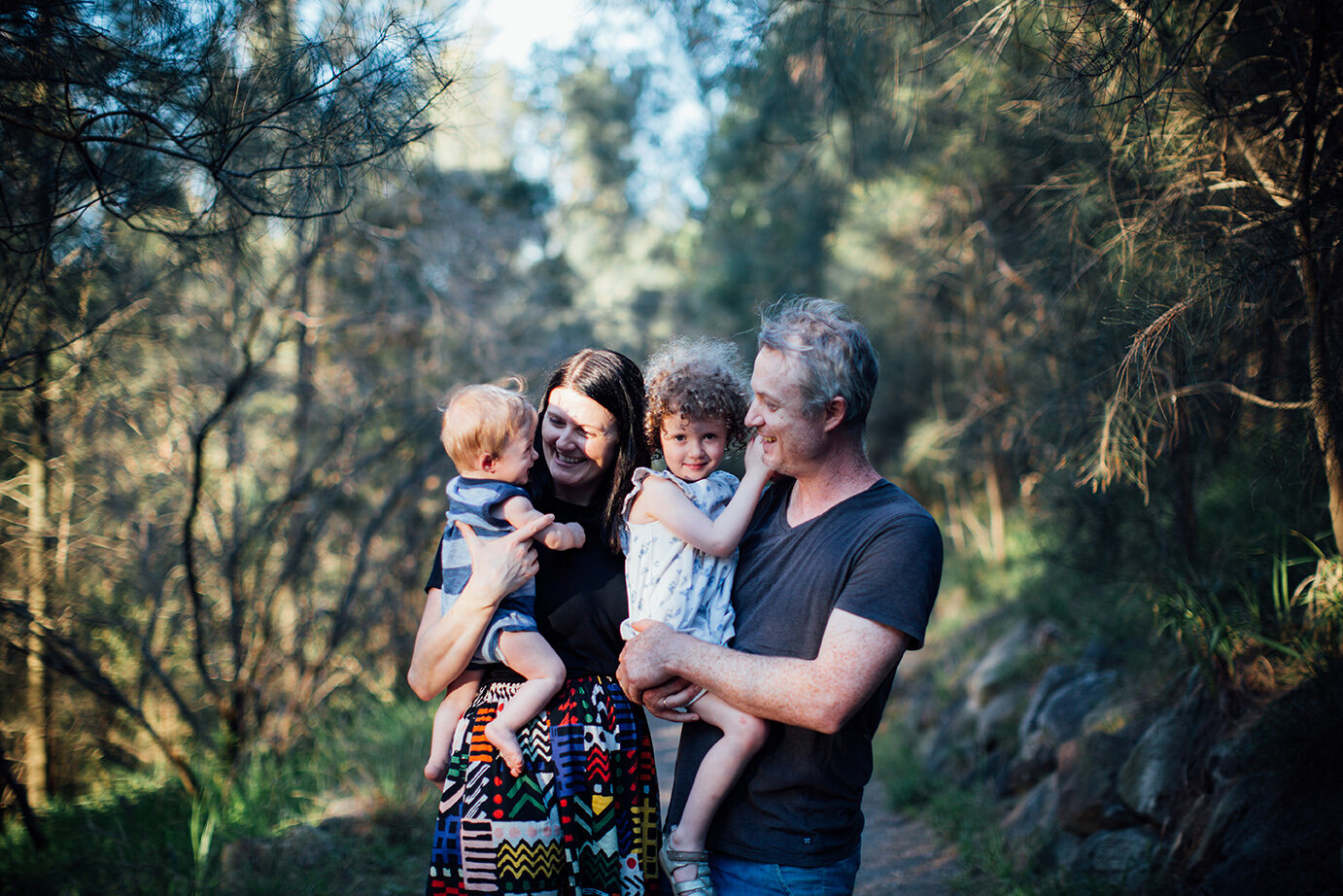
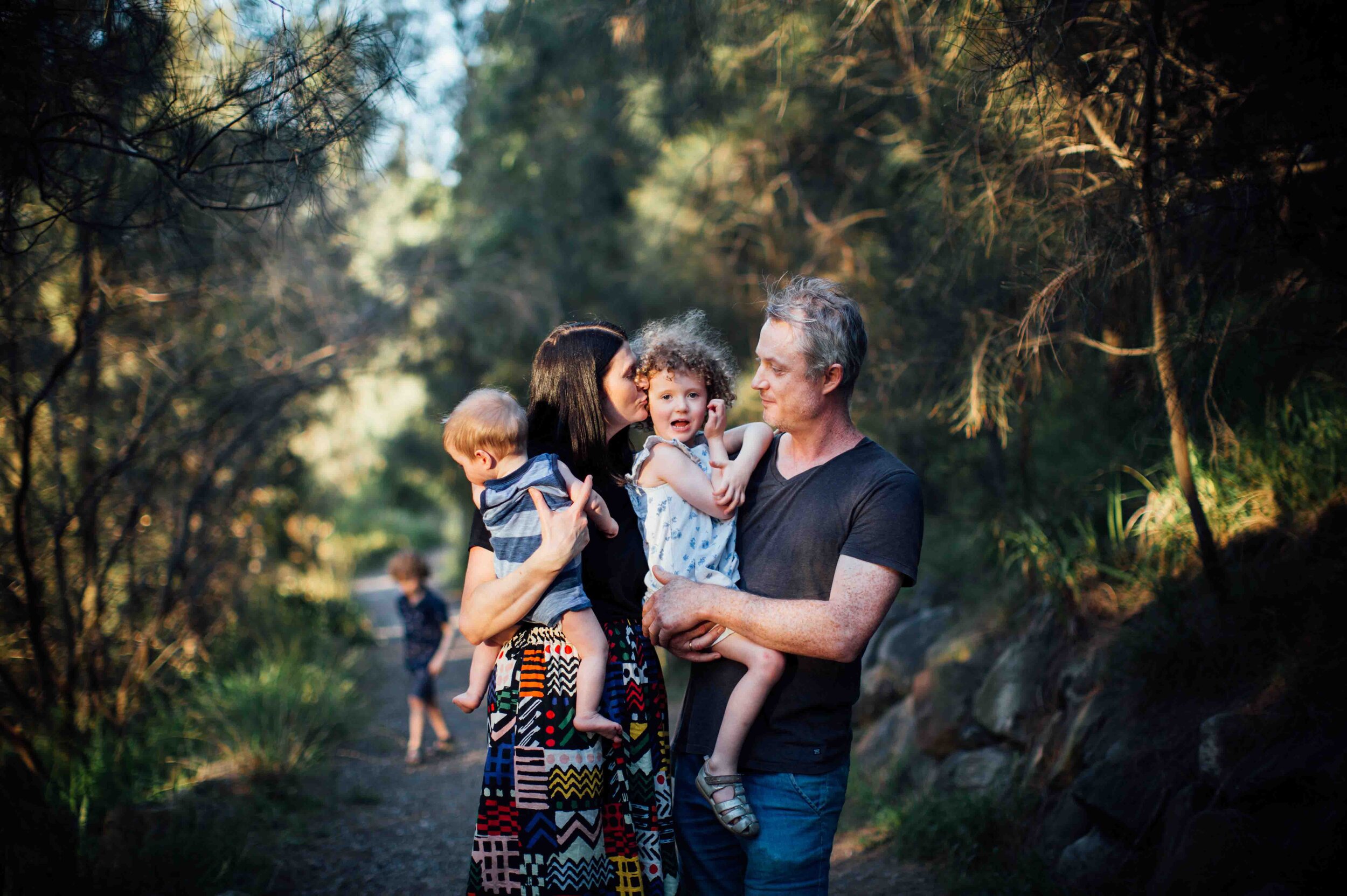
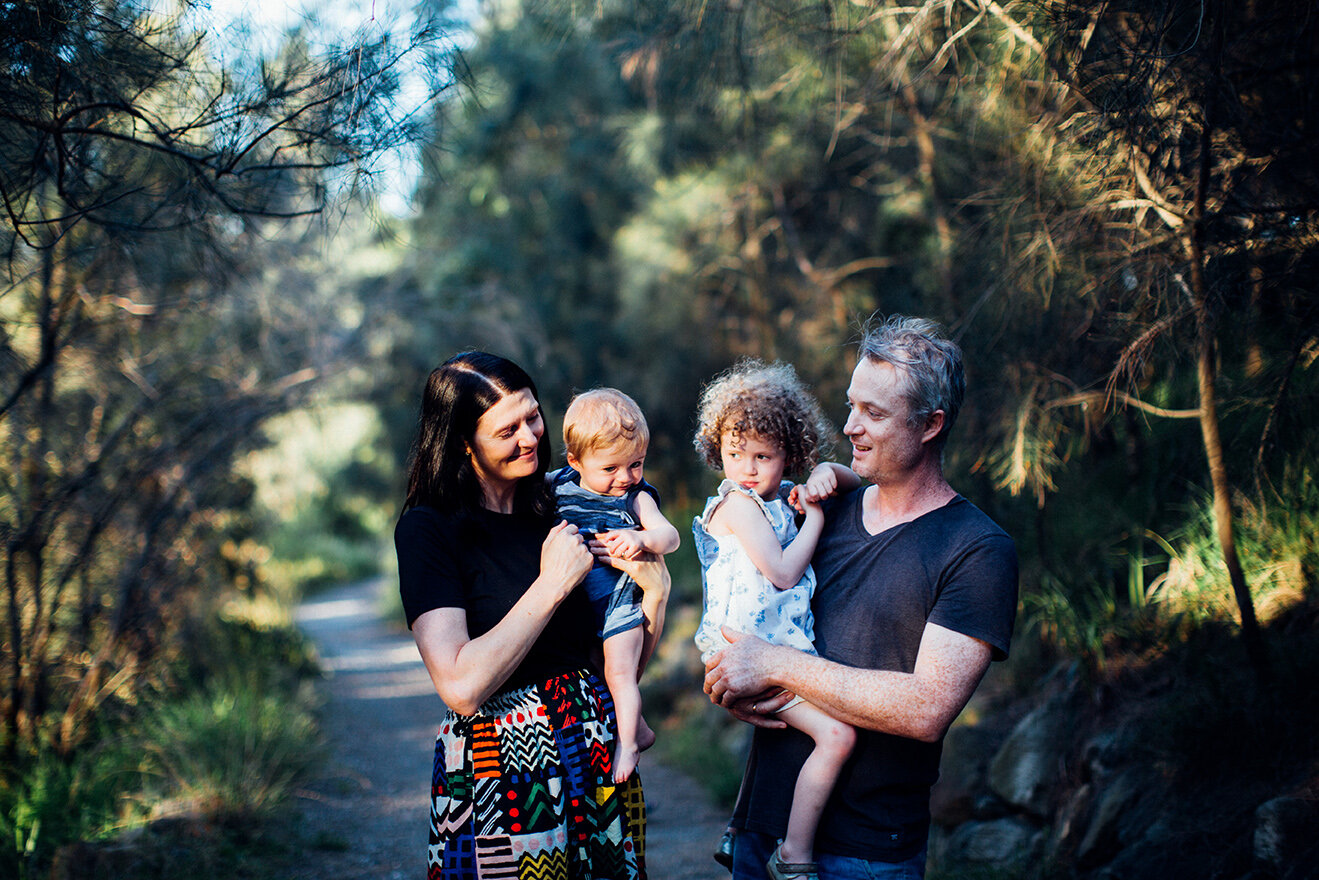
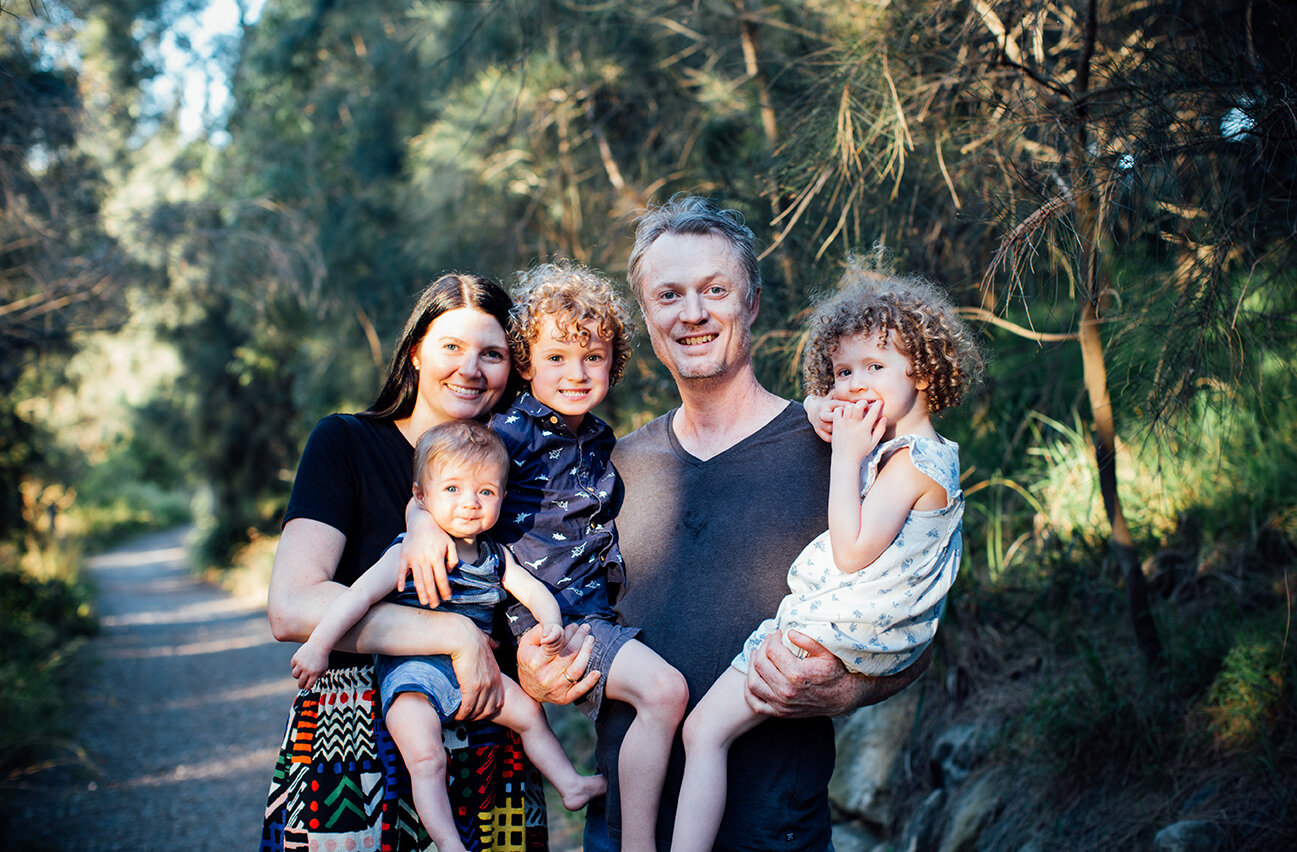

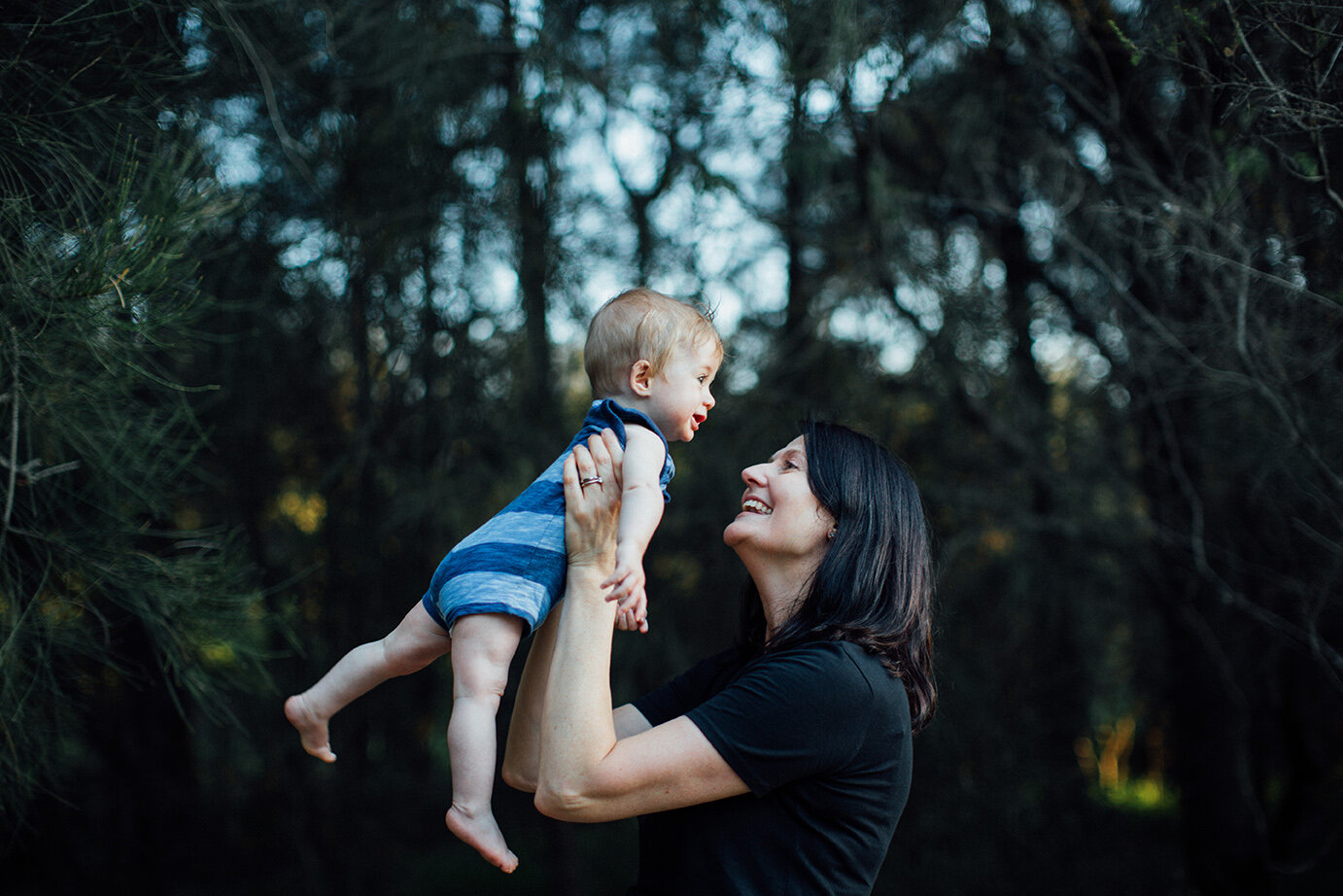
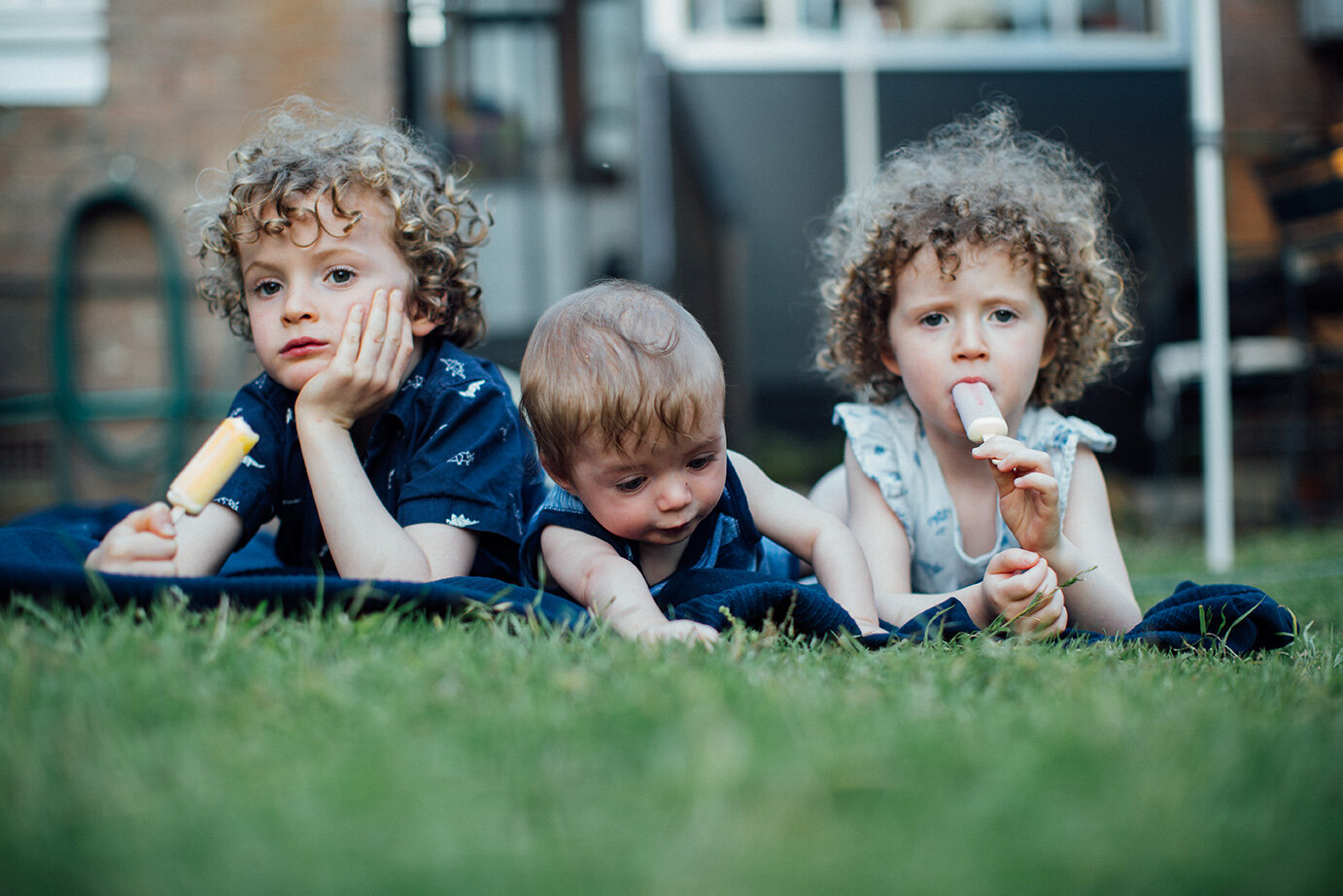
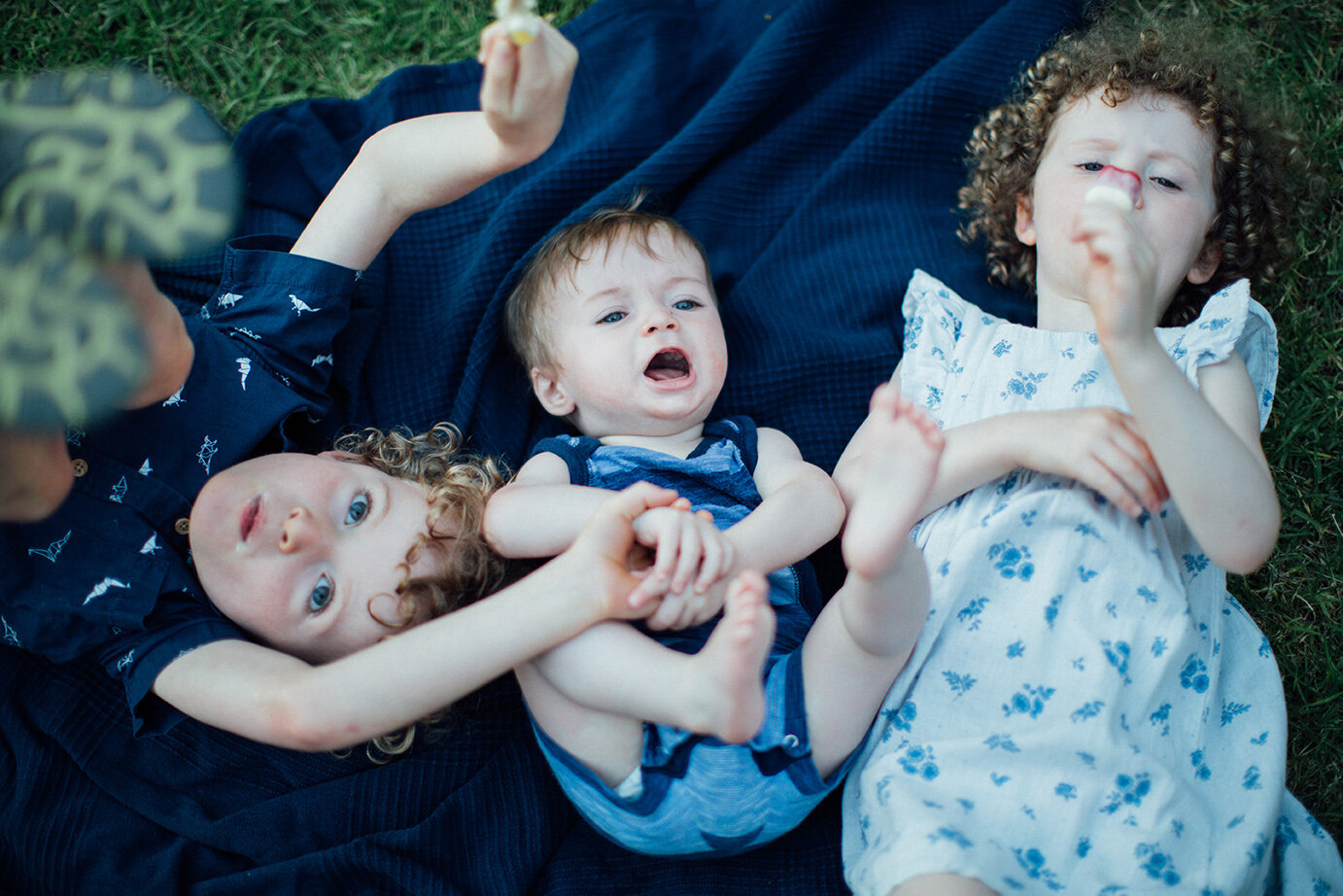
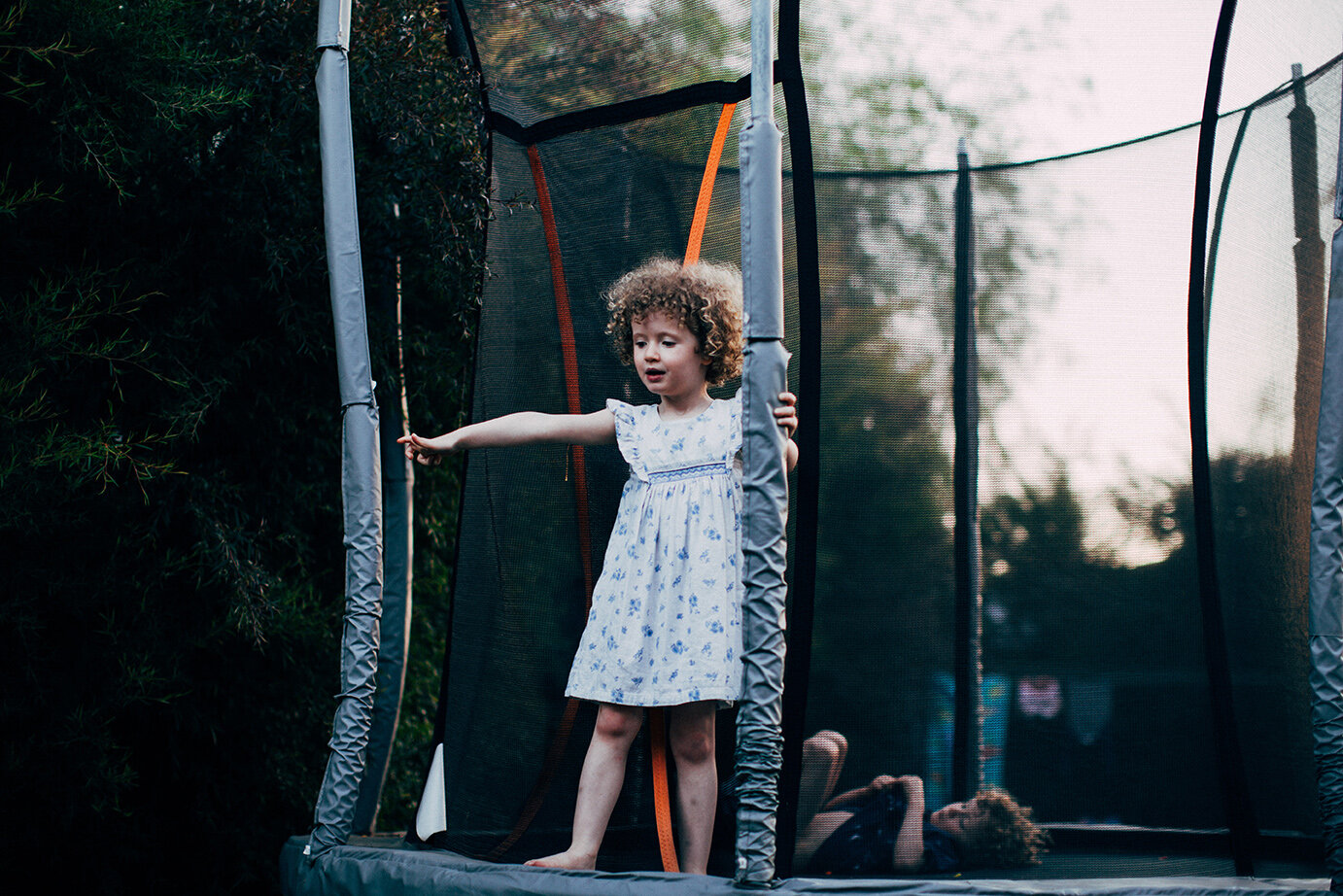
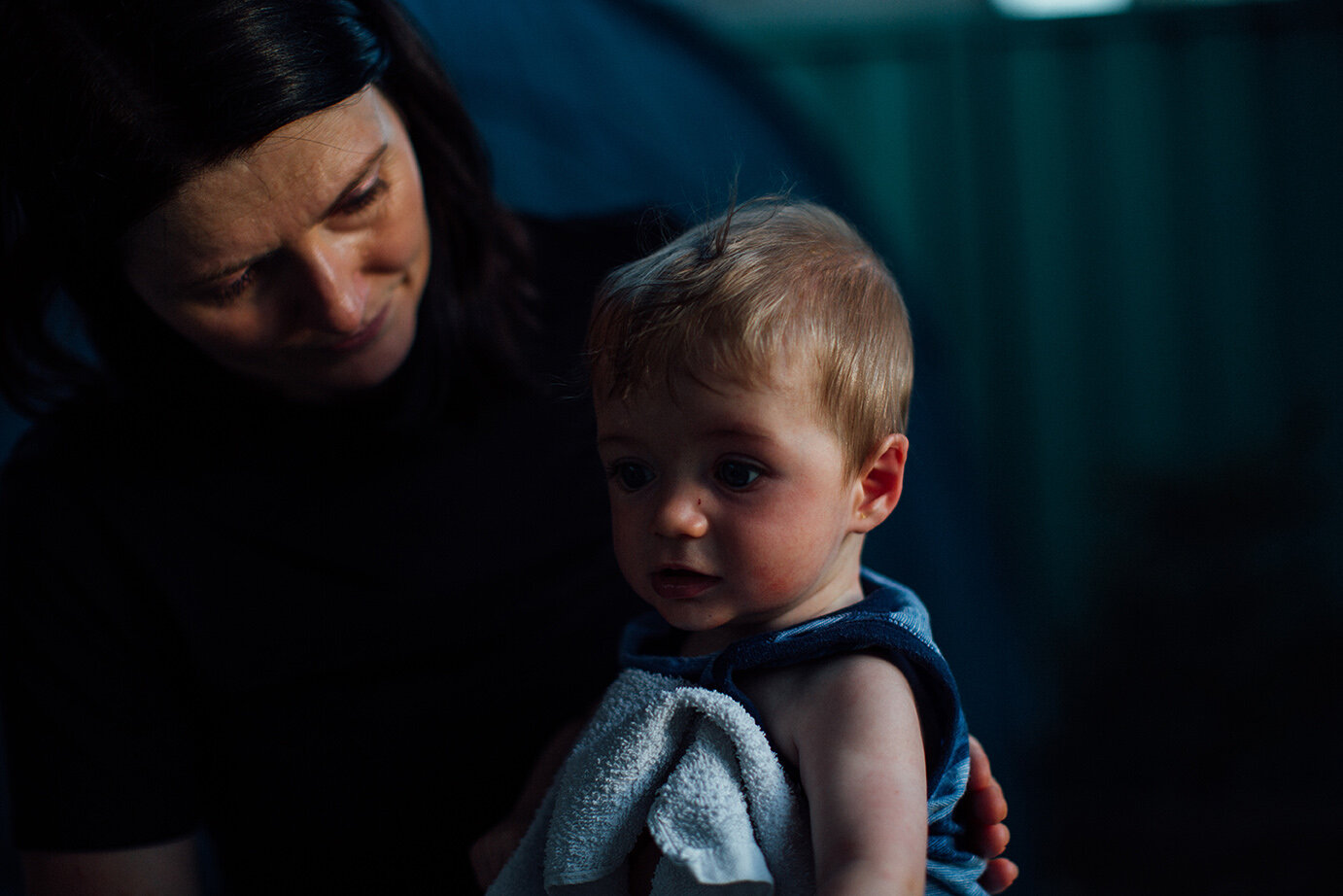
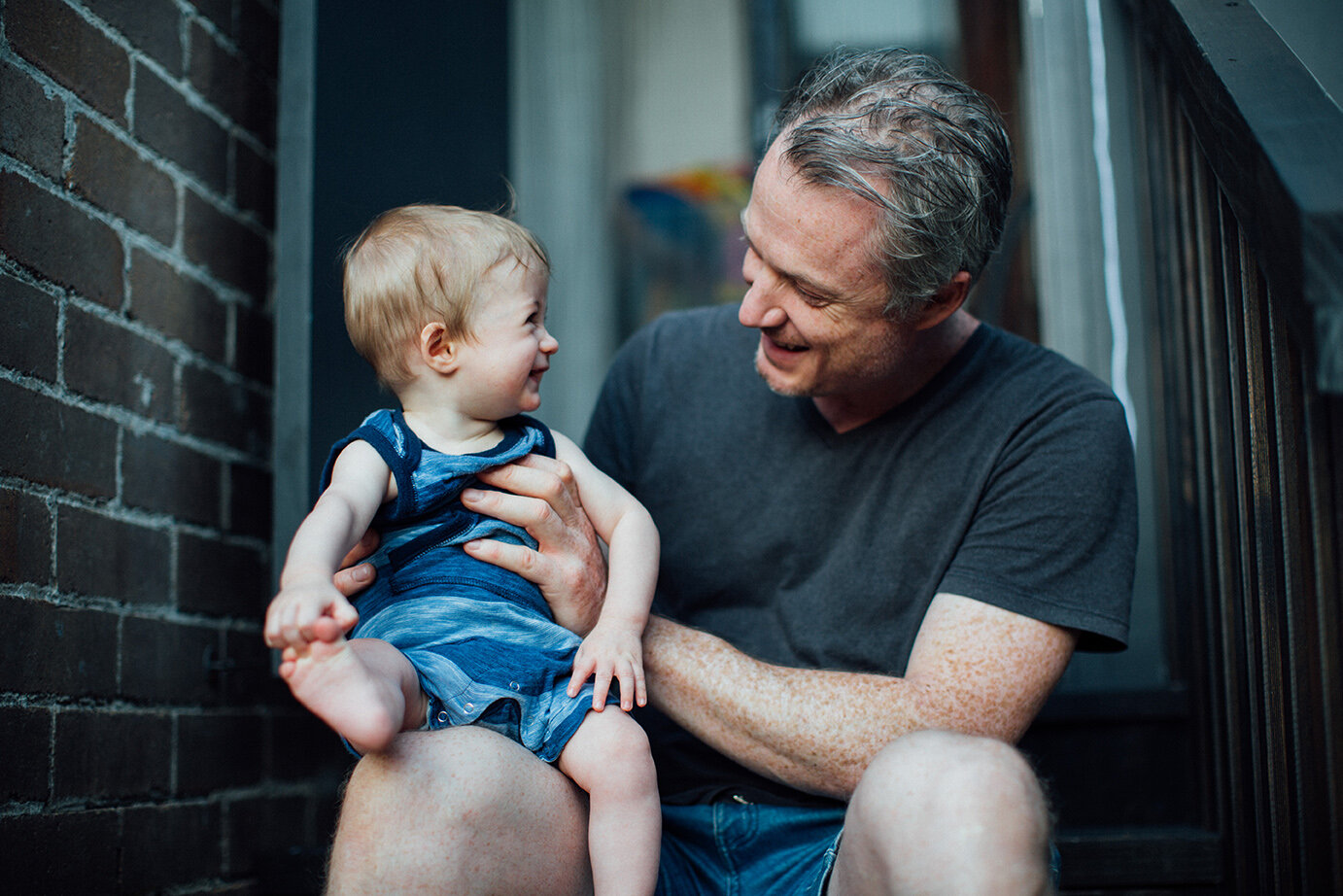
I lost all sense of time following this beautiful family around Surry Hills. They showed me their favourite things to do and the whole time the admiration and love kept shining through.
Immortalising the every day stuff with your every day people. ⠀
I have been complaining about my hubby’s Linked In photo for YEARS. On the weekend I was allowed to take his photo if I did it quickly – lucky for both of us he has a great fake smile.
A day full of celebration full of love for Amaya
a beautiful day at little bay …
http://eleanorwhitworth.com/
Read MoreIn the beautiful escarpment in Austinmer the Hogan family gathered to be together.
Warning: Aboriginal and Torres Strait Islander are advised the below shows an image and a story of Indigenous person who has passed away.

Cecil lives in the Waterloo Public Housing Towers on the 27th floor that are to be demolished in 2019. He loves looking out over the city. There is sadness in his eyes that I can see never leaves him. I did not know his story when I initially approached him to take his photograph, but as I returned to visit and deliver the printed photos, people began to open up to me and tell me their stories.
To find out the true tales of these people was shocking to me (to say the least). I am educated in the shameful history of our government’s approach to our Indigenous community, but Cecil’s story is especially horrifying.
Cecil’s was the second youngest of 10 children, though his mother passed away when he was a baby. By the time he was a toddler the government came in and took him and his siblings all away. His father served Australia in the second world war and it was after returning home that he found all of his children had been removed and put in homes and that was that. The boys were sent to Kinchela Boys Home in Kempsey and the girls to Cootamundra. Cecil told me Kinchela had been the worst time of his life. He was beaten repeatedly by the warden, not given shoes in the winter and suffered from serious frostbite as a result, and was given only half rations of food, which left him constantly hungry.
Cecil recalls as punishment for stepping out of line, the 70 children would be lined up and made to hit the offending child. If you did not punch that child hard enough, then you would have to line up and suffer the same treatment yourself. Cecil recalls being bruised and left bleeding all over and recalled the sadness of when he was made to hit his own brother.
What makes Cecil's story sad for me is I know how much he has lost. I myself grew up in a big family. My mother was one of 11 children who was raised on a farm in the country only 100km from Cootamundra. My grandmother nearly lost her life with the childbirth of the youngest child, her baby was passed around for months amongst her elder siblings and relatives as my grandfather sat by her bedside in fear. We are an incredibly close family with my grandfather and grandmother are still alive. My grandfather in his 90’s thinks of himself as the richest man alive with the joy his family bring him and I feel this love every single day. I could not imagine Cecil’s father’s pain at being robbed of the enriching family experience that should have been his right (I remind you he fought for this country in a war) and I feel heartbroken for what Cecil has been deprived of.
Since Cecil was so young when he was taken away, he thought he only had 2 siblings - his youngest brother and sister. He was told he never had a family, it was a complete surprise to learn there were 10. Throughout his later life he has met up with them, though he never knew them the way he deserved to, and in some cases where his siblings have passed away it is too late.
For a few months now, I have been visiting the council flats in the Redfern/Waterloo area taking photos of people who wished to be photographed. I go back each week with printed copies and I love seeing the joy this brings. These individual photographs represent a beautiful image of people that rarely see themselves in this way, but I can see the sadness that is a common thread in their eyes. I hope that through telling their stories, even in a visual manner, they feel a bit of extra confidence that the stories they carry around with them deserve to be acknowledged for what they are - a glimpse into the horror of our nation’s past.